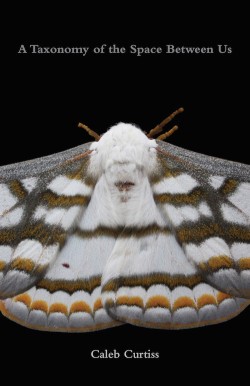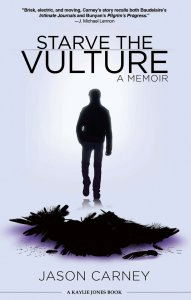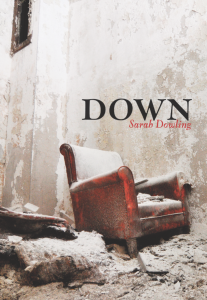
Hawthorne Books
320 pages, $18.95
Review by Dinty W. Moore
Life Is Short Reviews Itself
[An assemblage of sentences lifted, Shields-style, from Life is Short – Art is Shorter: In Praise of Brevity.]
Objects are real. Details matter – to the devil and to everyone else, including and especially writers. It was assumed that I would have a fedora hat of my own by the time I was twelve years old. In honor of the hybrid spirit of the form, stage your prose poem in such a way that you get at what is to you one of life’s crucial paradoxes. You’re white an dewy an tickin like a time bomb an now’s the time to learn. This assignment is similar to the one for “Object,” except the image or object you choose is now in dynamic movement. In the middle of the ride something grazed my head. There was a metal bar hanging loose along one of the corners, and each time we whipped around it, the bar touched me. Write two stories or essays, each 500 words long, in which you first see through the male Continue reading
![[PANK]](https://pankmagazine.com/wp-content/themes/pank/assets/images/pank-logo-large.png)







